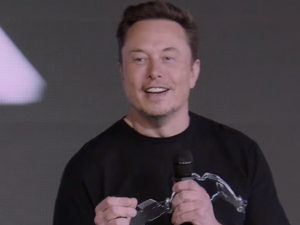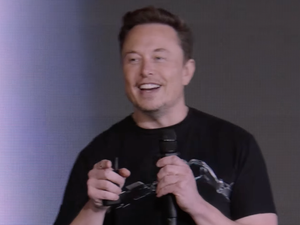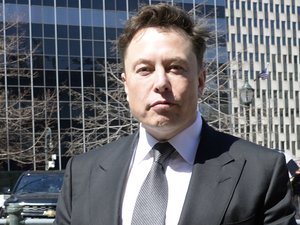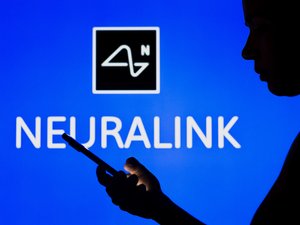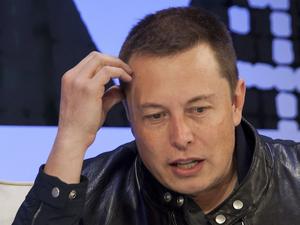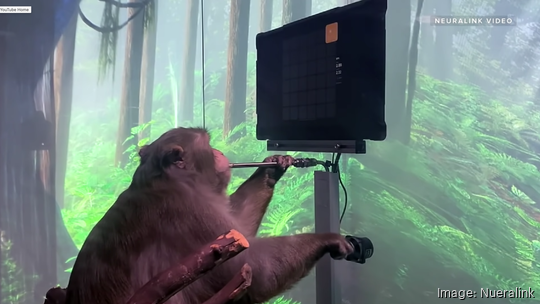
Neuralink Corp. is expected to complete its first human device implantation later this year, according to company co-founder Elon Musk.
Speaking Friday at the VivaTech conference in Paris, Musk said the company plans to implant a tetraplegic or paraplegic patient before the end of the year.
Neuralink is developing a device designed to be implanted in human skulls and connected by fine wires to nerves in people's brains. The company said its device could eventually be used to treat a range of neurological and other conditions, such as quadriplegia, paraplegia and vision loss.
"Neuralink is going to be a fairly slow process," Musk told the conference attendees. "Because anything that is done in humans it's very slow. So sometimes people think that suddenly we're going to chipping everyone's head and before they know it everyone is connected to the Internet, and everybody is in trouble. It will happen very slowly."
In May the Fremont-based brain machine interface company announced via Twitter it had received FDA approval to begin human testing.
"We are excited to share that we have received the FDA's approval to launch our first-in-human clinical study," Neuralink said in its tweet. "This ... represents an important first step that will one day allow our technology to help many people."
The FDA acknowledged Neuralink's announcement but would not comment on the device specifically but said that the FDA "establishes a review team appropriate to the device's technology and intended uses."
Musk described the device as for those people who had lost the "connection from their brain to their body" and eventually the company could see a way to send a signal from the patient's motor cortex of the brain, bypassing the injury and allowing their body to function in a normal manner.
"It's essentially shunting the signal past the broken point and restore potentially full body use to someone that has lost the connection," Musk explained.
The company has not been without its share of controversies. Early in 2022, the FDA rejected Neuralink's initial request to begin human testing. Then in December, the U.S. Department of Agriculture’s inspector general opened an inquiry into complaints by the company's staff that rushed testing of the company's prototype devices had resulted in cruelty to animals.
In February, the U.S. Department of Transportation opened an investigation into concerns Neuralink transported hazardous pathogens — implants that had been inserted, then removed from monkey brains — that were not safely or properly packaged.
Neuralink's last official valuation was $2 billion and to date, the company has raised $363 million, according to PitchBook. Earlier this month, Reuters reported that the company's valuation was actually closer to $5 billion.
